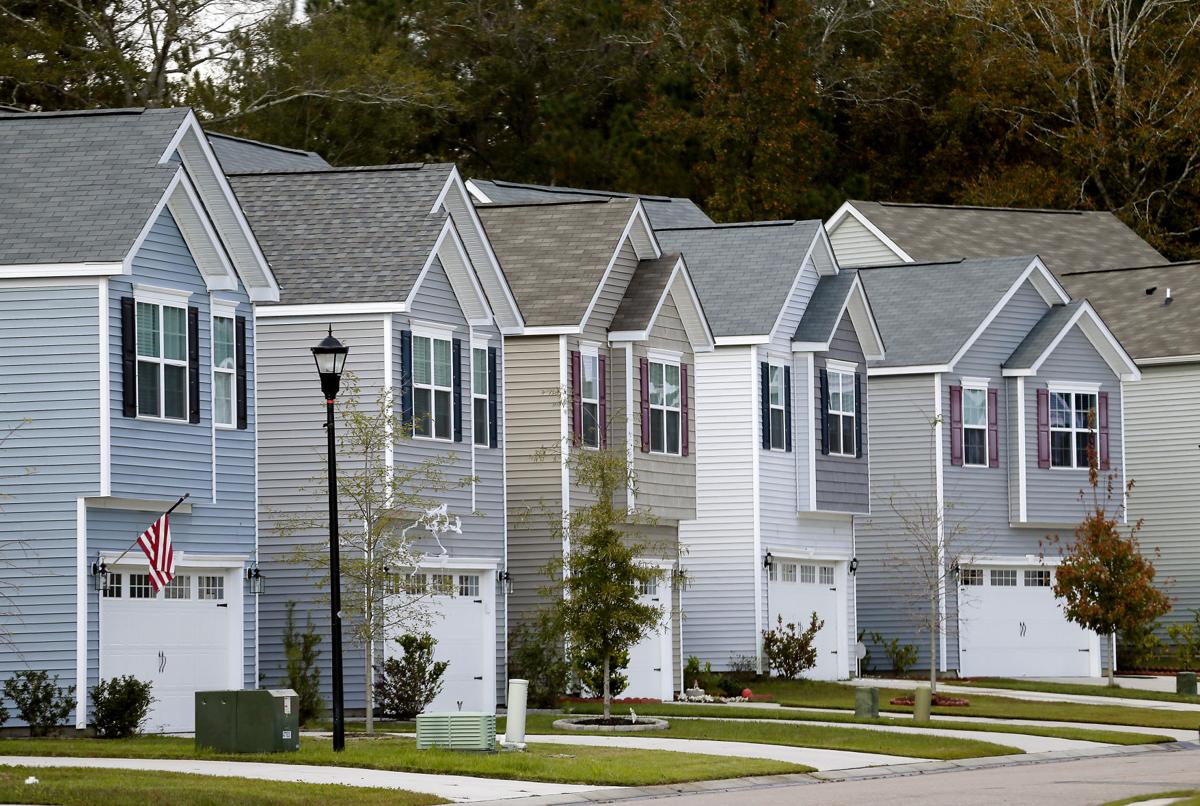By Paul Nutcher, Hometown News
Pastor Ben Collins had an unexpected phone call recently.
A Volusia County landlord asked his church for money for a mother, who was months behind on rent.
The pastor at the Collective Church in DeLand often tells his congregation a similar, centuries-old parable during sermons to illustrate that addressing a community’s challenges requires examining issues from everyone’s angle.
Still, he was surprised when the story became a reality. With his work as a community organizer and his contacts within the non-profit FAITH group, he was able to direct the landlord and tenant to the assistance they needed.
“I want us to be honest with all the angles,” Rev. Collins said, explaining the need for a comprehensive solution to affordable housing, because it affects people from many walks of life.
Solutions are being discussed by local leaders in county government, non-profits and business community around Volusia County and across Florida. “I think we are finally getting the flywheel going,” he said.
Volusia County staff hosted the first of several upcoming webinars Friday, July 2, entitled, “Prosperity – The Case for Prosperity and the Role of Affordable Housing.” The pre-recorded, 40-minute Zoom meeting featured Florida Chamber of Commerce CEO Mark Wilson. His segment was loaded with statistics and numbered lists.
The business advocacy group has reported moving Florida from the 17th largest economy in the world to 10th largest by 2030 will require 39 things – and affordable workforce housing and generational poverty are among them.
“There is not one silver bullet, there is no one solution,” Mr. Wilson stated in his recorded segment. He also said 19,000 children in Volusia were considered to be living in poverty as he explained the need to address poverty in the county and statewide based on a list of 10 areas the chamber has identified to address poverty.
The Affordable Housing Initiative webinars are the next step since a presentation by county staff at a May 4 meeting of the Volusia County Council, which had made the issue its first priority earlier at its annual retreat.
A road map toward improving affordable housing in the county was presented by Donna Butler, director of Volusia County’s Department of Community Services. A recorded version of the presentation played at the start of the webinar. She explained HUD defines affordable housing as costing less than 30% of the household’s income.
Further, barriers can exist even if a household can afford their housing if they lose government-subsidized childcare, transportation vouchers or food assistance, among other financial aid, even when an earner gains a promotion at their job. A raise can mean a resident loses government financial assistance and they end up worse off with a salary increase.
Other individuals may not qualify to sign a lease due to credit problems, such as a bankruptcy, a criminal conviction or previous evictions.
The medium income for Volusia residents is about $65,400 based on the Metropolitan Statistical Area, which includes Flagler County. However, based on the U.S. Housing and Urban Development categories, there are 73,490 individuals age 18 or older in Volusia below the poverty level with a household income below $12,800, Ms. Butler said. She explained most are senior citizens or disabled.
For other Volusia households, there were: 16,876 people at extremely low-income, 24,130 very low-income and 39,751 low-income. In those categories respectively, the households earned less than $26,200, between $26,501 and $32,700, and from $32,701 and $52,300.
The largest of those figures in the low-income families can represent many first responders and teachers, among other earners, she said. She noted that much of the county staff research was based on figures from the Shimberg Center for Housing Studies at the University of Florida.
The webinars are expected to lead to an Affordable Housing Summit at the Ocean Center Aug. 27 when housing developers will be among those invited. An action plan is anticipated by December.
Seminole and Pinellas counties as well as Central Florida cities have already completed many of the steps Volusia is now taking.
The process could become more urgent when a nationwide moratorium on evictions is set to expire July 31. Gov. Ron DeSantis removed the state’s moratorium in September. Many struggling families in Volusia and statewide could be without a roof over their heads later this summer without an intervention.
To their aid, Florida is using $1.4 billion from the federal government to help tenants pay delinquent rent, utility payments and other overdue expenses, according to a recent Associated Press report. “About $530 million of that money will go directly to the state’s largest communities – those with populations of more than 200,000 – to help renters in arrears.” The funding to smaller areas will be distributed by the Department of Children and Families through a new program called “Our Florida.”
Meanwhile, group members of FAITH (Fighting Against Injustice Toward Harmony), who tackle many other social issues, have spent nearly three years seeking long-term solutions to affordable housing. The non-profit group hosted an annual action assembly where housing was identified as critical, Rev. Collins said, adding that its housing committee is open to many ways to address the issue.
On its website, FAITH calls the issue of affordable housing a crisis, listing low wages, evictions and rising rents as among the causes.
In recent Bureau of Labor Statistics reported in the Orlando Sentinel, Central Florida ranks 50th out of 50 in areas with median hourly wages of $17.59, meaning half the jobs pay less than $36,588 a year.
FAITH reported the mean hourly wage for rental tenants in Volusia is even less at $13 per hour. One in three Volusia renters are severally cost burdened and in worse shape than renters in New York City and San Francisco, according to its website.
For affordable housing, a land trust was one element toward a long-term solution on Ms. Butler’s presentation to the County Council. Missing was a housing trust, which FAITH supports.
“Our goal is to get a housing trust fund in the county and get it funded,” Rev. Collins said. He explained fees similar to impact fees paid by developers would be a potential source for a housing trust fund.
On the next webinar, Friday, July 16, funding will be on the marquee as Michael Anderson, director of the Housing Trust Fund Project in Portland, Ore., will be a featured presenter for the session, “Produce – Affordable Housing Funding Mechanisms: Federal, State, Local, Public and Private.
Returning to the parable, Rev. Collins noted in FAITH, “Even committee members are landlords.” Regardless, without affordable housing, he added , “It has a negative impact on the energy in the county and it is a negative for economic development.”
View the original story here.






